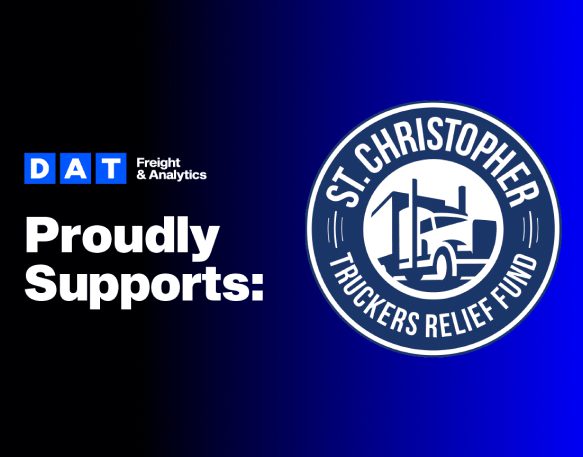This week is National Truck Driver Appreciation Week! As an industry leader, we know what it takes for people to get what they need to manage their daily lives. From stocking fridges to getting online deliveries to keeping businesses running, none of it is possible without the millions of truck drivers on the road everyday.
We want to take the time to acknowledge and thank the millions of truck drivers who keep our supply chains running. Today, we’re spotlighting Tommy Withers — better known as Scottish Trucker Tommy — and asked him to share his experiences as a trucker.
How did you become a truck driver?
“I’ve been in trucking for a long time. I’ve had various jobs throughout my life, and I’ve always thought that trucking is the way to go because you get to go places, sit there, and look out the window.

I was working in a workshop and would take trucks out on test drives after we’d fixed them. Then I decided I’d hook a trailer on it and go trucking when I was about 30 years old. I did that for a few years, and then I went back over to Scotland. [Since then,] I’ve hopped back and forth.”
Learn about our other featured truck drivers
We’re spotlighting a different driver every day this week. See who else we’ll feature for National Truck Driver Appreciation Week!
Enter our NTDAW Instagram Giveaway
As a small token of our appreciation, we’re giving seven truck drivers one month’s free subscription to DAT and a DAT swag bundle to use on the road.
We’ll be posting a giveaway on our Instagram daily from September 12-18, 2021. Check out our Instagram to learn more on how to win a giveaway, and how to nominate a truck driver who you want to appreciate.


